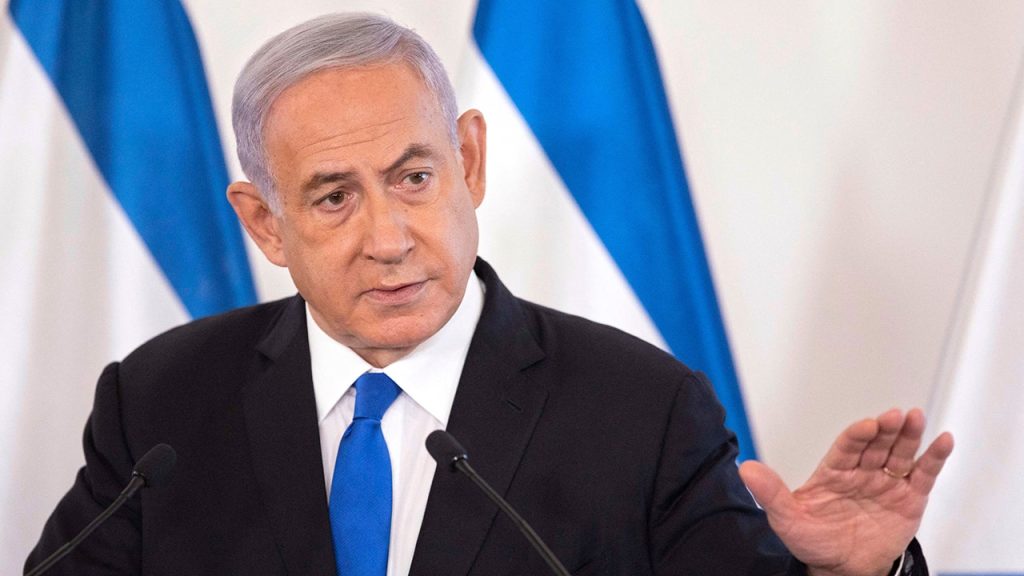Knesset member Benny Gantz issued an ultimatum to Israeli Prime Minister Benjamin Netanyahu, threatening to resign from the war cabinet if a plan to end the conflict in Gaza was not presented by June 8. Gantz proposed a plan that involved Israel taking over security in a demilitarized Gaza Strip, with civil matters being handled by an interim Palestinian and international government. Gantz warned Netanyahu of leading the nation towards an abyss if action was not taken, stating that the moment of truth had arrived. With only three members in the war cabinet, including Defense Minister Yoav Gallant, Gantz’s ultimatum added pressure on Netanyahu to address the ongoing conflict.
Defense Minister Yoav Gallant also criticized Netanyahu, accusing him of lacking a meaningful plan for post-war Gaza. Gallant argued that Netanyahu’s options were limited to either a long-term military occupation of Gaza or returning control to Hamas after the war. The Biden administration has joined in on the criticism, with National Security Adviser Jake Sullivan urging Netanyahu to devise a plan for after the war. Despite the pressure and criticism, Netanyahu has prioritized prosecuting the war against Hamas and has rejected calls for alternative strategies, stating that there is no alternative to military victory.
Netanyahu has brushed off the attacks from Gantz, Gallant, and the Biden administration, claiming that his primary focus is on the military campaign against Hamas. He has asserted that attempts to suggest alternatives are detached from reality and that military victory is the only solution. The Biden administration has openly criticized Israel’s strategy in Gaza, with Biden himself threatening to withhold military aid if Netanyahu proceeds with an invasion of Rafah, which is seen as the final Hamas stronghold. While Israel has increased troop deployments around Rafah, it has only conducted limited operations in the area so far, indicating a cautious approach in response to international pressure and concerns.
The political tension within the Israeli government highlights the challenges faced by Netanyahu in navigating the conflict in Gaza while balancing domestic and international pressures. The ultimatum from Gantz and criticism from Gallant demonstrate internal divisions over the handling of the conflict and the need for a coherent post-war strategy. The Biden administration’s involvement adds another layer of complexity, as the US government’s criticism of Israel’s approach further complicates the situation. Netanyahu’s steadfast commitment to military victory, despite calls for alternative strategies, underscores the difficulties in finding a resolution to the conflict that satisfies all stakeholders. The ongoing conflict in Gaza remains a contentious issue with potential implications for both Israeli and international politics.













